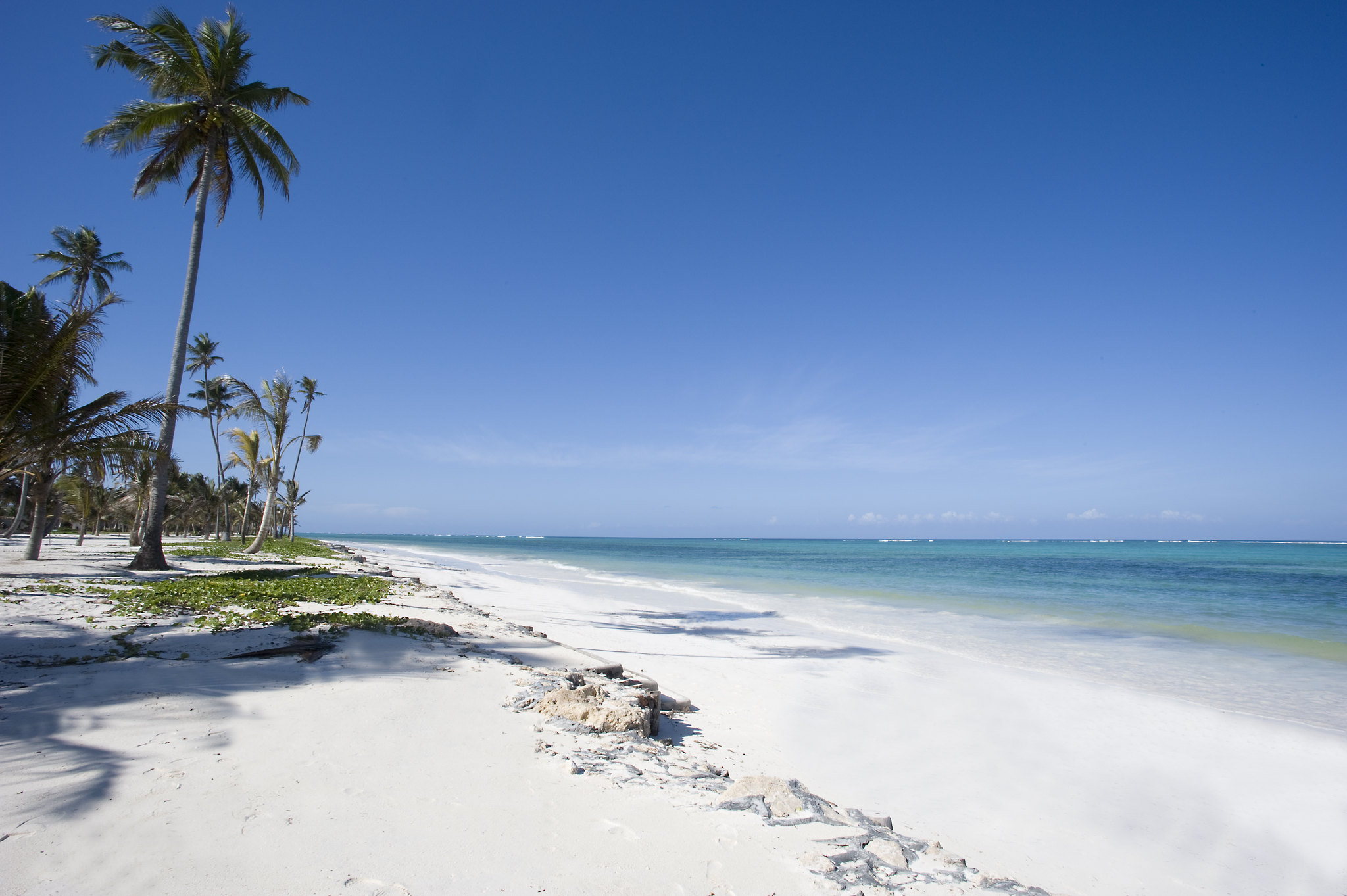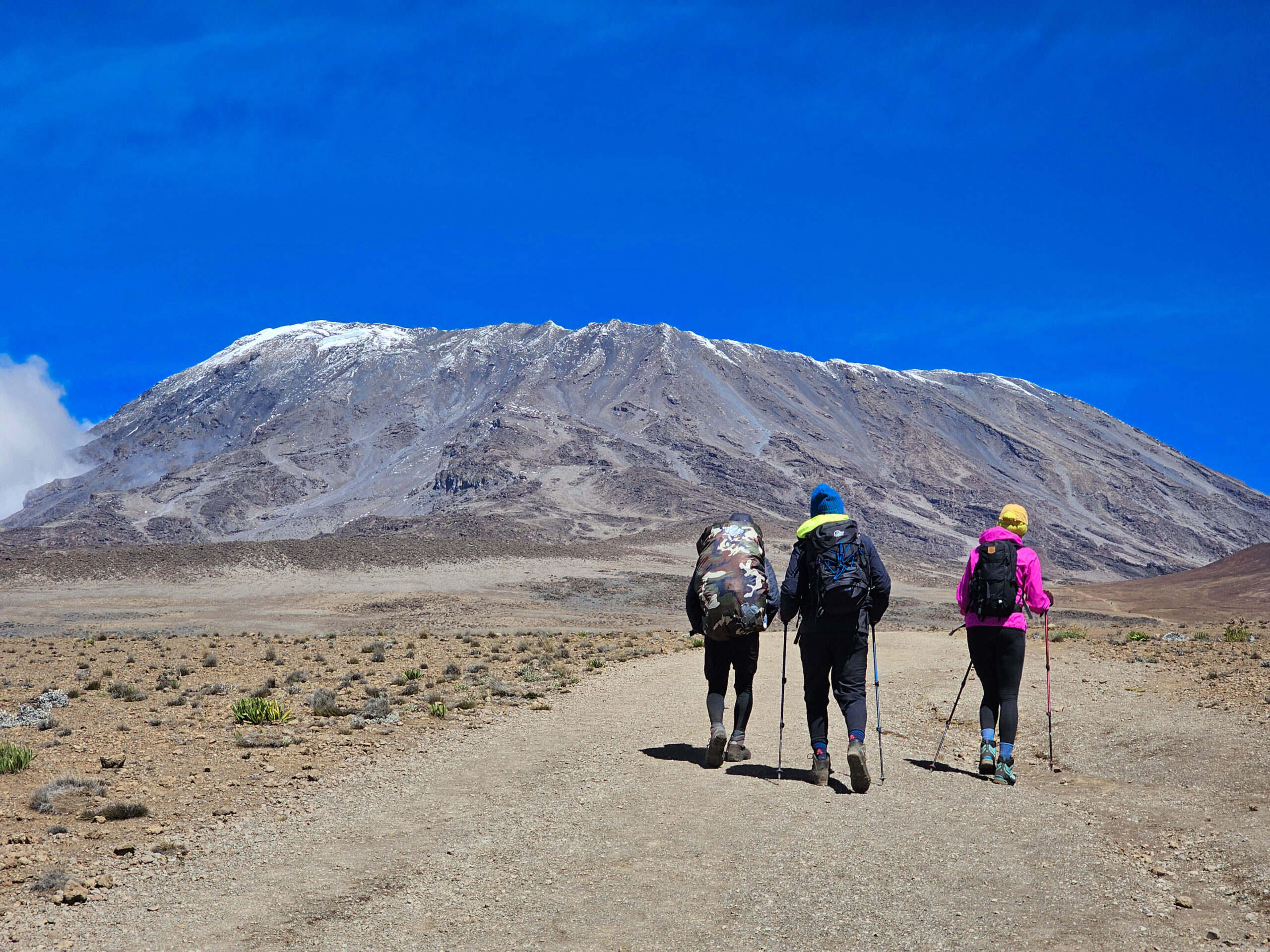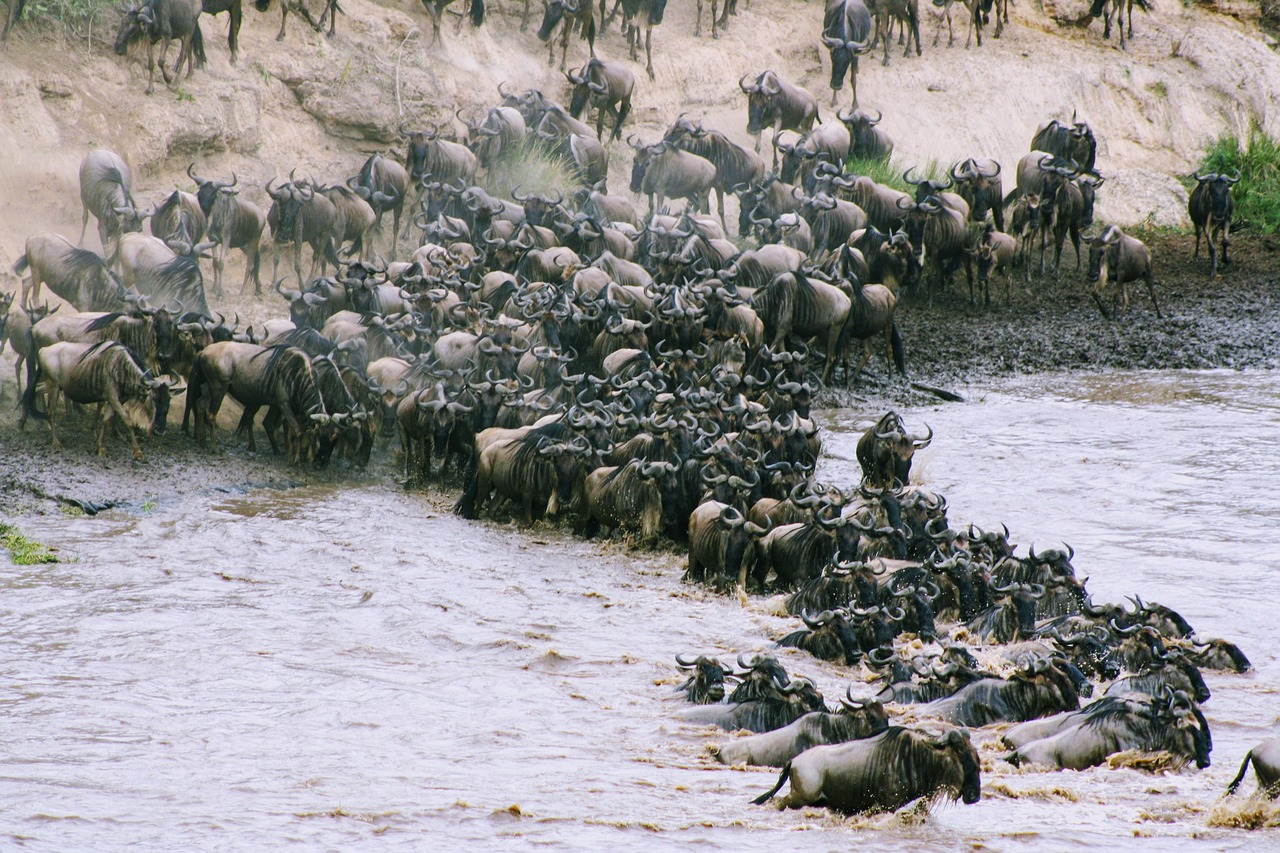
Zanzibar
About Zanzibar Zanzibar: Island Paradise in the Indian Ocean Zanzibar, an enchanting archipelago off the coast of Tanzania, is renowned for its pristine white-sand beaches,
The Ngorongoro Conservation Area, a UNESCO World Heritage Site in northern Tanzania, is one of Africa’s most renowned wildlife destinations and a significant archaeological site. At its heart lies the Ngorongoro Crater, the world’s largest inactive, intact, and unfilled volcanic caldera, offering a unique and biodiverse habitat for an astonishing array of wildlife.
Wildlife Paradise: The crater is home to over 25,000 large animals, including the Big Five (lion, leopard, rhinoceros, elephant, and buffalo). It’s one of the few places in Tanzania where you can see black rhinos in their natural habitat. The crater’s floor, a mix of forests, swamps, grasslands, and lakes, provides a year-round sanctuary for wildlife, making game viewing spectacular and almost guaranteed.
Rich Biodiversity: Ngorongoro is not just about the crater. The wider conservation area includes diverse landscapes such as the Ngorongoro Highlands, with their lush greenery, and the arid plains of Olduvai Gorge. This gorge is a significant paleoanthropological site where some of the earliest human remains have been discovered, earning it the nickname “The Cradle of Mankind.”
Cultural Heritage: The Ngorongoro Conservation Area is unique in that it integrates wildlife conservation with the preservation of the Maasai pastoralist culture. The Maasai people, known for their distinctive customs and dress, have lived in harmony with the area’s wildlife for centuries. Visitors can engage with the Maasai community, learning about their traditions and lifestyle.
Stunning Landscapes: Beyond the wildlife, Ngorongoro offers breathtaking scenery. The view from the crater rim is one of the most iconic sights in Africa, with a panorama that includes the sparkling Lake Magadi, the dense Lerai Forest, and the rolling grasslands.
Activities: In addition to game drives in the crater, visitors can enjoy walking safaris in the highlands, bird watching around Lake Ndutu and Lake Eyasi, and exploring the archaeological sites at Olduvai Gorge and Laetoli.
Ngorongoro Conservation Area is a must-visit destination for those seeking an unparalleled safari experience combined with a rich cultural and historical backdrop. Its unique blend of wildlife, landscapes, and cultural heritage makes it a cornerstone of Tanzania’s northern safari circuit.
The best time to visit Ngorongoro Conservation Area is during the dry season, from June to October, when wildlife congregates around the crater’s water sources, offering excellent game viewing opportunities. Another great time to visit is during the short dry season from January to February. However, the area can be visited year-round, with each season offering its own unique experiences.

About Zanzibar Zanzibar: Island Paradise in the Indian Ocean Zanzibar, an enchanting archipelago off the coast of Tanzania, is renowned for its pristine white-sand beaches,

About Kilimanjaro Mountain Majestic Kilimanjaro: Africa’s Highest Peak Mount Kilimanjaro, Africa’s highest peak, is a world-renowned destination for trekkers and adventurers. Standing at 5,895 meters

About Serengeti National Park Serengeti National Park, Tanzania’s crown jewel, is a must-visit destination for wildlife enthusiasts, especially during the annual Great Migration from June